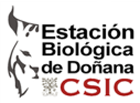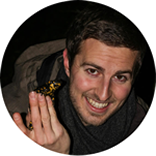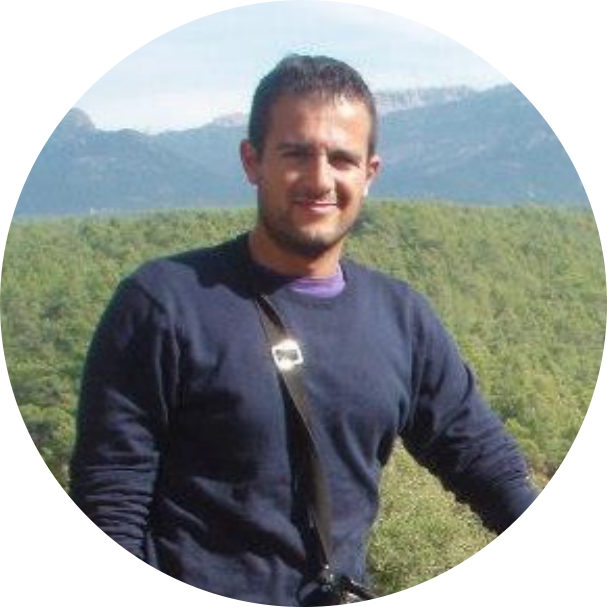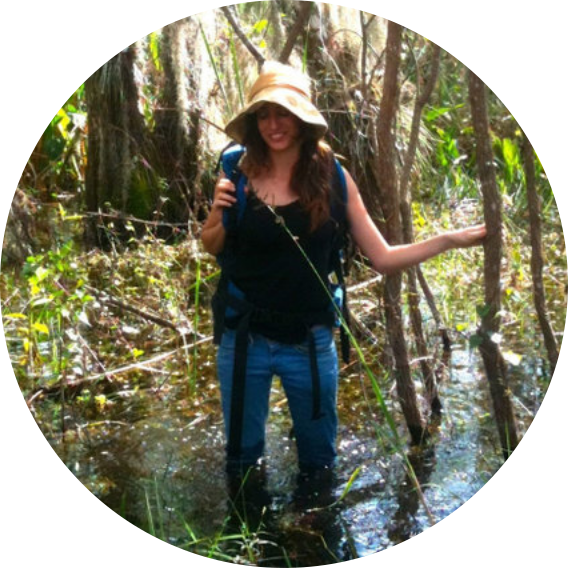Conservation and Evolutionary Genetics Group |
||||||||||
| HOME | PEOPLE | PROJECTS | PUBLICATIONS | RESOURCES | COURSES | JOB VACANCIES | NETWORKS | OUTREACH | CONTACT | |

 |
 |
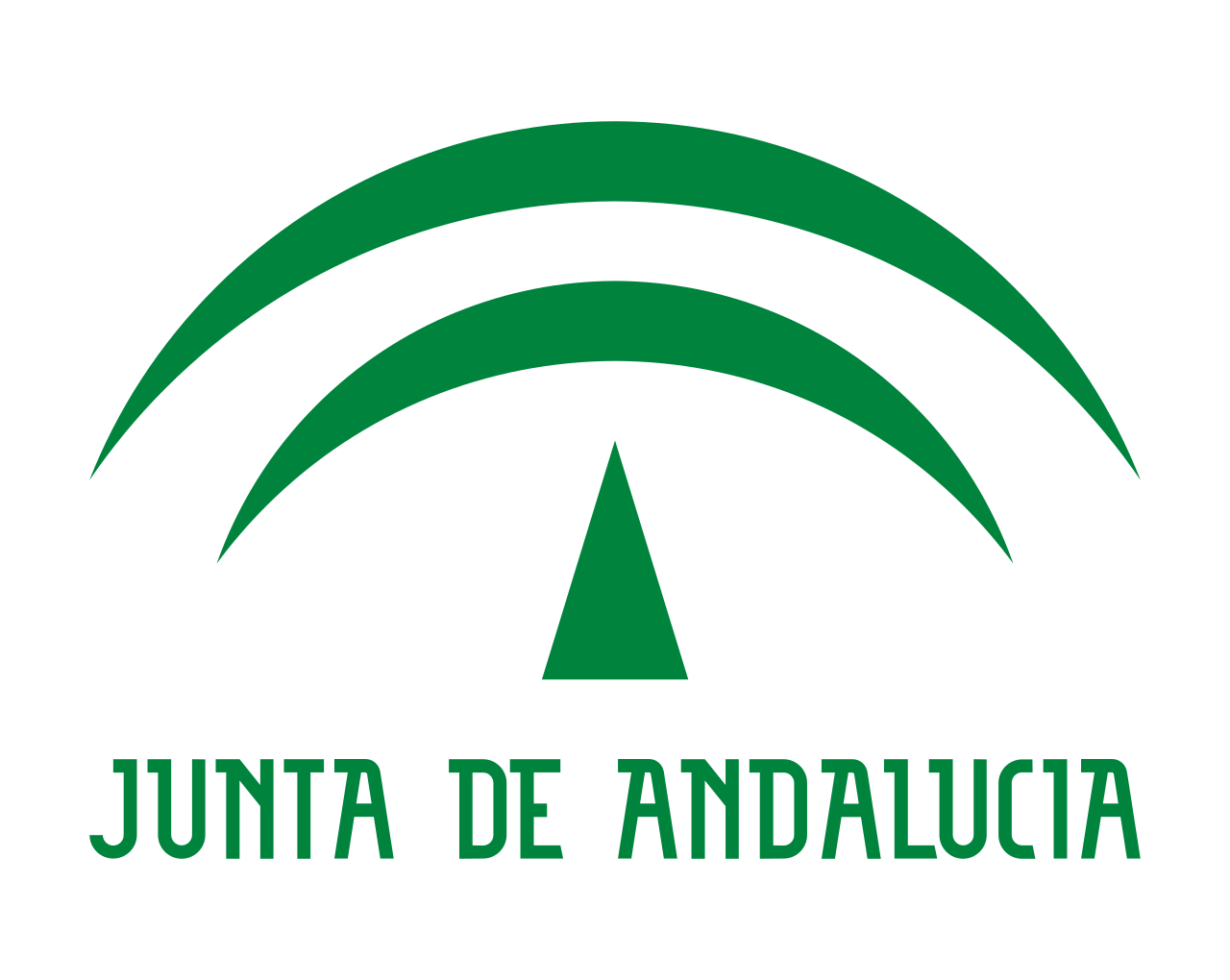 |
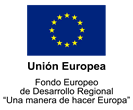 |
 |
Many conservation genetics tools have been developed for use in temperate other high latitude habitats, and so not all of these tools translate to the tropics. Tropical habitats share some features which complicate the application of some conservation genetics tools which are heavily relied upon in higher latitudes, and also share some basic questions and problems that are less of an issue in higher latitudes or other, better studies and/ or less diverse habitats.
This course is designed with students and practitioners of Conservation Biology or Conservation Genetics in the tropical regions of America, Africa and Asia in mind.
 |
Logistics
Link to the course
This course will take place October 18 - 29 entirely online, hosted by the Estación Biológica de Doñana.
In order to best accommodate people across many time zones, this course will consist of a combination of pre-recorded lectures and seminars, and synchronous discussions and practicals.
It will tentatively take half working time, although some variation may be due to workshop participation.
The course will be held in English.
The cost of the course is €95. Scholarships available for researchers and practitioners from tropical countries who committ to full participation.
How to apply? Please, send the application form to consgentropics@consevol.org
Course topics
This course will discuss practical issues, genetic and genomic theory, tools and analyses as applied to issues relevant to conservation in the tropics.
Some basic questions of conservation importance include describing species diversity, determining species distributions, characterizing the basic biology of species, and understanding demographic history and population size and structure. Underlying biogeographic histories that have shaped communities, and the biotic interactions within those communities are also of fundamental importance.
|
Biogeography
|
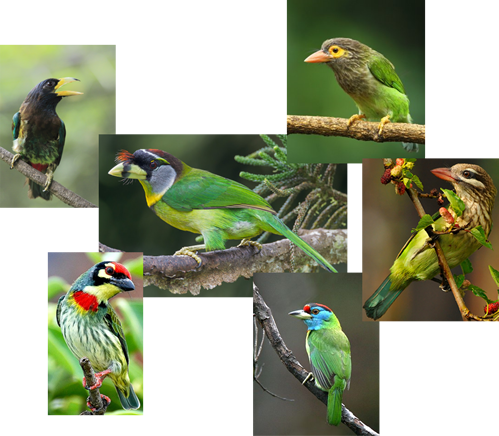 |
Course instructors
~pending updates~
|
© 2022 CONSEVOL |
